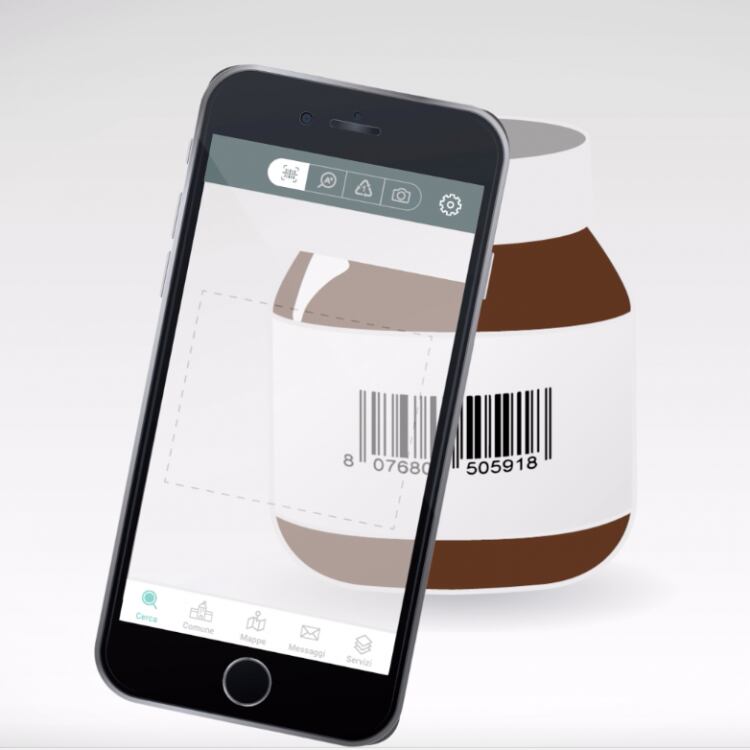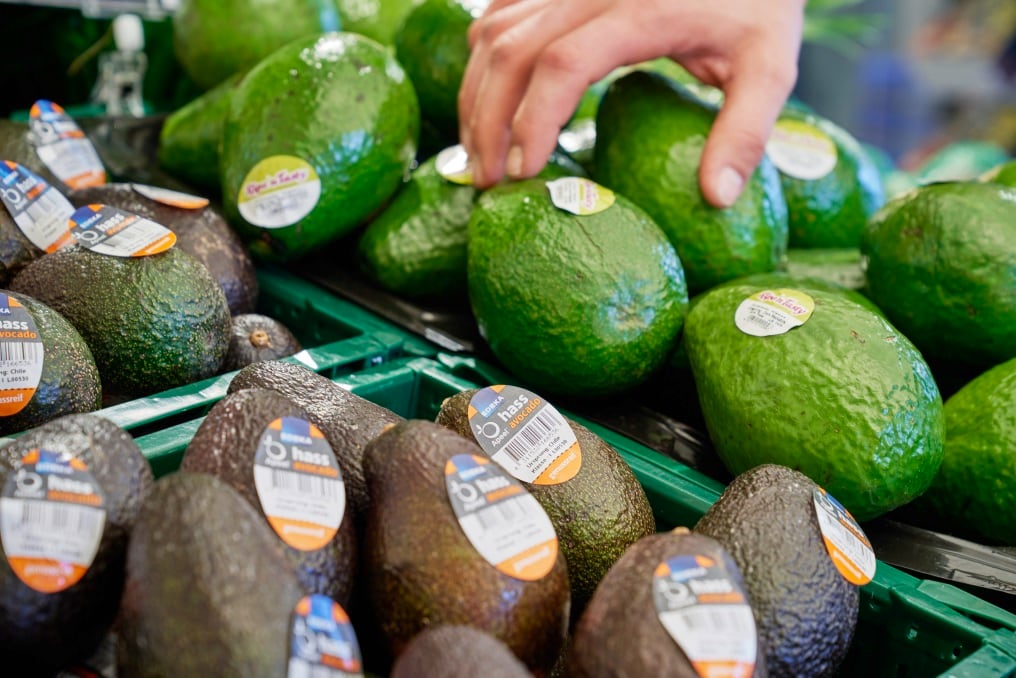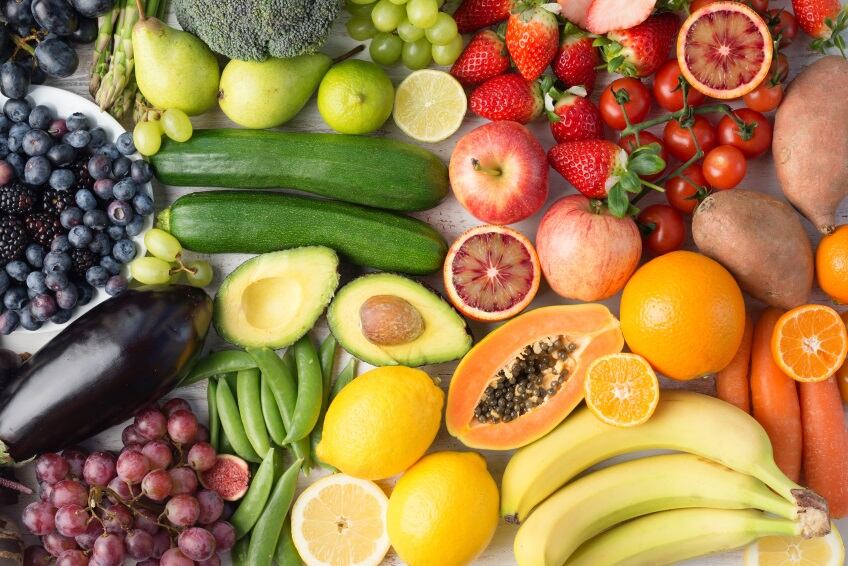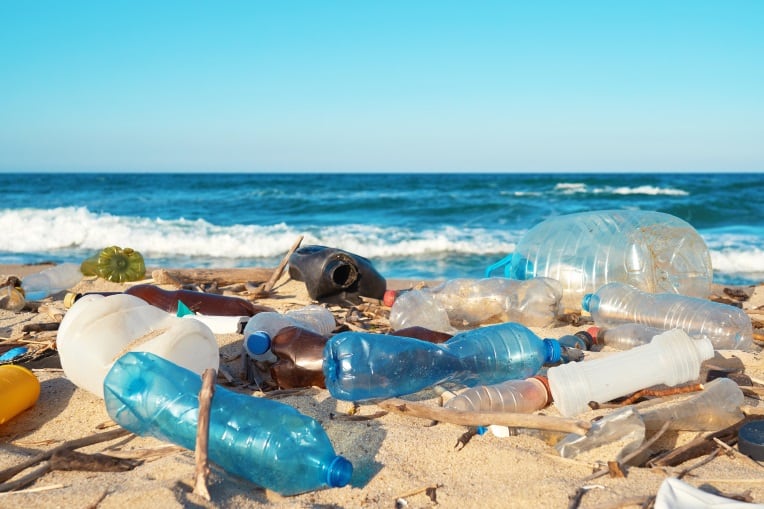Determining which part of a product’s packaging is recyclable, learning council waste sorting rules and policies, and keeping track of collection dates and calendars can be a minefield.
Yet these challenges are faced by consumers every day in order to abide by local legislation, reduce landfill waste, and encourage a circular economy.
In Italy, separate collection of waste is mandatory. “Everyone must sort waste and reduce the quantity of residual waster, otherwise you could get fined,” explained co-founder of Italian start-up Giunko Noemi De Santis.
“Furthermore, municipalities and waste sorting companies need waste fractions to be clean, without impurities, since they can get a higher economic return once they sell to the fractions to the consortia to each material.”
Recognising the hurdles consumers face when sorting household packaging waste, Giunko launched a smartphone app called Junker. “The idea for developing the Junker app came to our founders when confronted with a simple issue: how to gain correct information on waste sorting?” De Santis told this publication.
“The problem was that information about waste sorting was confused, difficult to find on the internet, extremely varied from municipality to municipality, not intuitive; citizens really needed a tool to gain precise and geolocated information, easily accessible, quick and simple to use.
“That was fertile ground for the development of an app like Junker, a virtual assistant for waste sorting.”
How does Junker work?
The app is designed to help citizens separate waste correctly, and thus reduce the amount of residual waste going into landfill.
The user scans the product’s barcode and Junker identifies the different elements of the product, the materials they are made of, and importantly, how to sort them correctly.
If there is no barcode on the product, the user has a few options: they can search within a list of 1000-plus categories for the item, check the symbols on the label, or scan the product for Junker to recognise. This last feature is still in the experimentation phase, the co-founder explained. “Our database contains almost 1.7m products and covers most of the Italian market.”
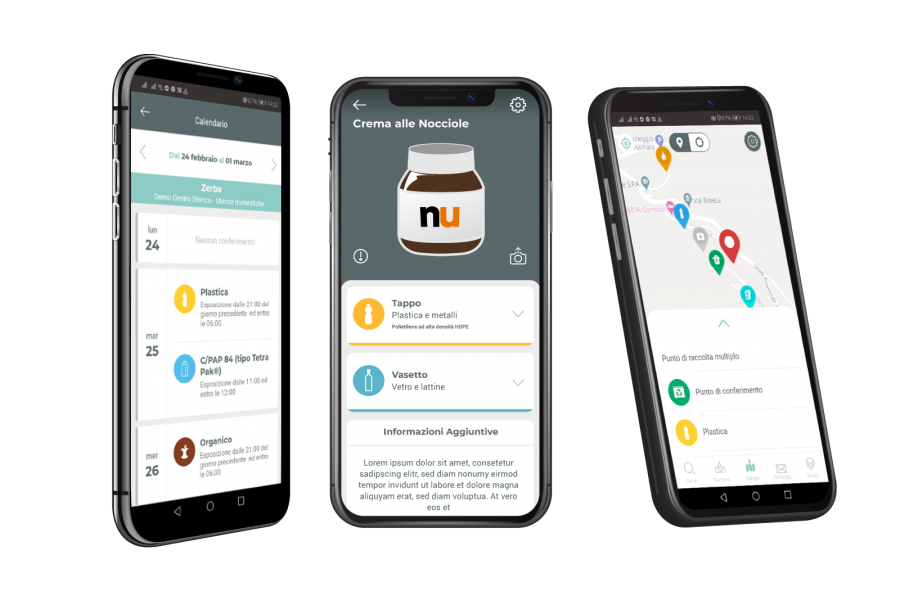
Concerning the food sector specifically, the app can also alert customer as to whether products are suitable for the compost or not. “Junker is a great ally in sorting food products correctly: firstly, it tells you how to sort the packaging; second, it tells you if the product – whereby it has not been consumed – is suitable for compositing,” De Santis told this publication.
“In Italy, collection of biowaste is particularly important and has been spreading all over the country, so that food leftovers can be recuperated, for instance, to produce compost,” she added. Junker has also published a guide on home composting for households, to help consumers ‘make the most of their organic waste’.
The app uses geolocation tools to provide the correct information for a user’s location and reminds consumers of collection dates and hours with push notifications.
Using artificial intelligence, the internet of things, big data and the Cloud, Junker is also able to crowdsource input from users. Indeed, 15% of references listed in its database come from consumers.
The most scanned items are…
In line with Giunko’s stance on waste sorting legibility, the UN Environment Programme and Consumers International similarly deem plastic recycling labelling to be ‘confusing and inconsistent’.
In a report published earlier this year, the groups said customers are over overlooked when it comes to recycling packaging. “Too often the onus is placed on consumers to understand an array of confusing, contradictory, or misleading information.”
In an effort to find out which products are confusing consumers the most, FoodNavigator asked De Santis which items are the most commonly scanned. The answer, she said, is milk cartons, water bottles, biscuit bags and packages, and crisps in cans – such as Kellogg’s-owned Pringles.
“Why those? Biscuits bags are often made of paper, but something the materials used is a polylaminate and must be disposed as residual waste,” we were told. “Milk cartons – and juice cartons – are made of Tetra Pak, which can be disposed as paper, plastic, or residual waste according to different territorial rules.”
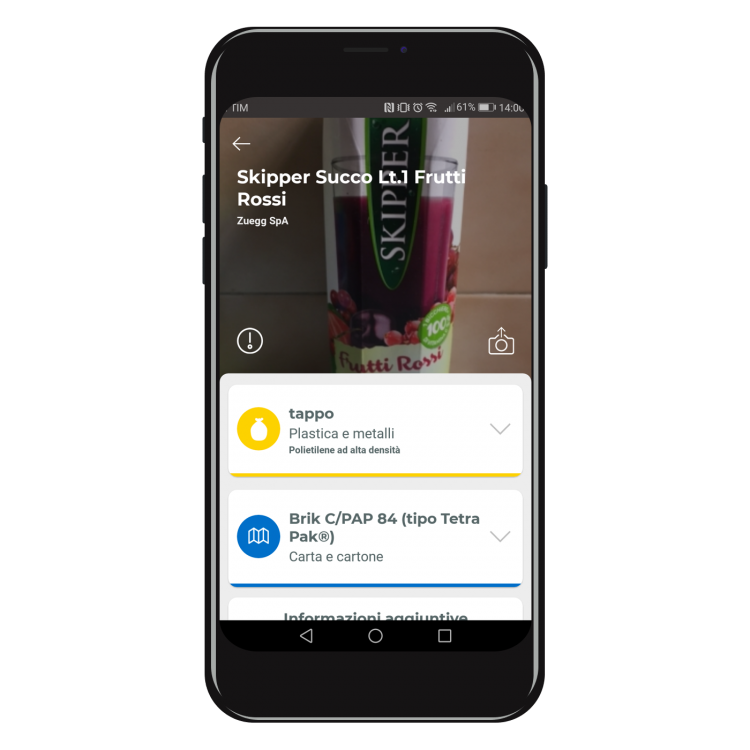
And crisps, she elaborated, can be ‘very tough to recycle’ due to the number of materials present in their packaging. “That is why Junker is crucial for those users who are confronted with complex packaging, which can generate questions and doubts.”
Junker eyes European expansion
Since launching four years ago, Junker now comprises 800 Italian municipalities in its network, and boasts approximately 2,000 new users daily. The app is internationally supported, and has been translated into English, French, German, Spanish, Chinese, Russian, Ukrainian, Bulgarian, Romanian, and of course, its native Italian.
As its scale builds, Junker has the potential to make a significant impact on waste production. According to the start-up, each citizen is responsible for approximately 213kg of residual waste per year. With Junker, this can be reduced to less than 76kg – which equates to 414kg of CO₂ equivalent spared.
Concerning European expansion, De Santis said the app has already expanded outside of Italy, beginning with a number of municipalities in Switzerland.
“Of course, we would be more than happy to launch a pilot of our app in other countries, especially because the new Waste Framework Directive released by the European Union requires EU States to perform better in waste sorting and recycling, setting targets that can be quite demanding for those countries which still have low levels of waste recycling.”


